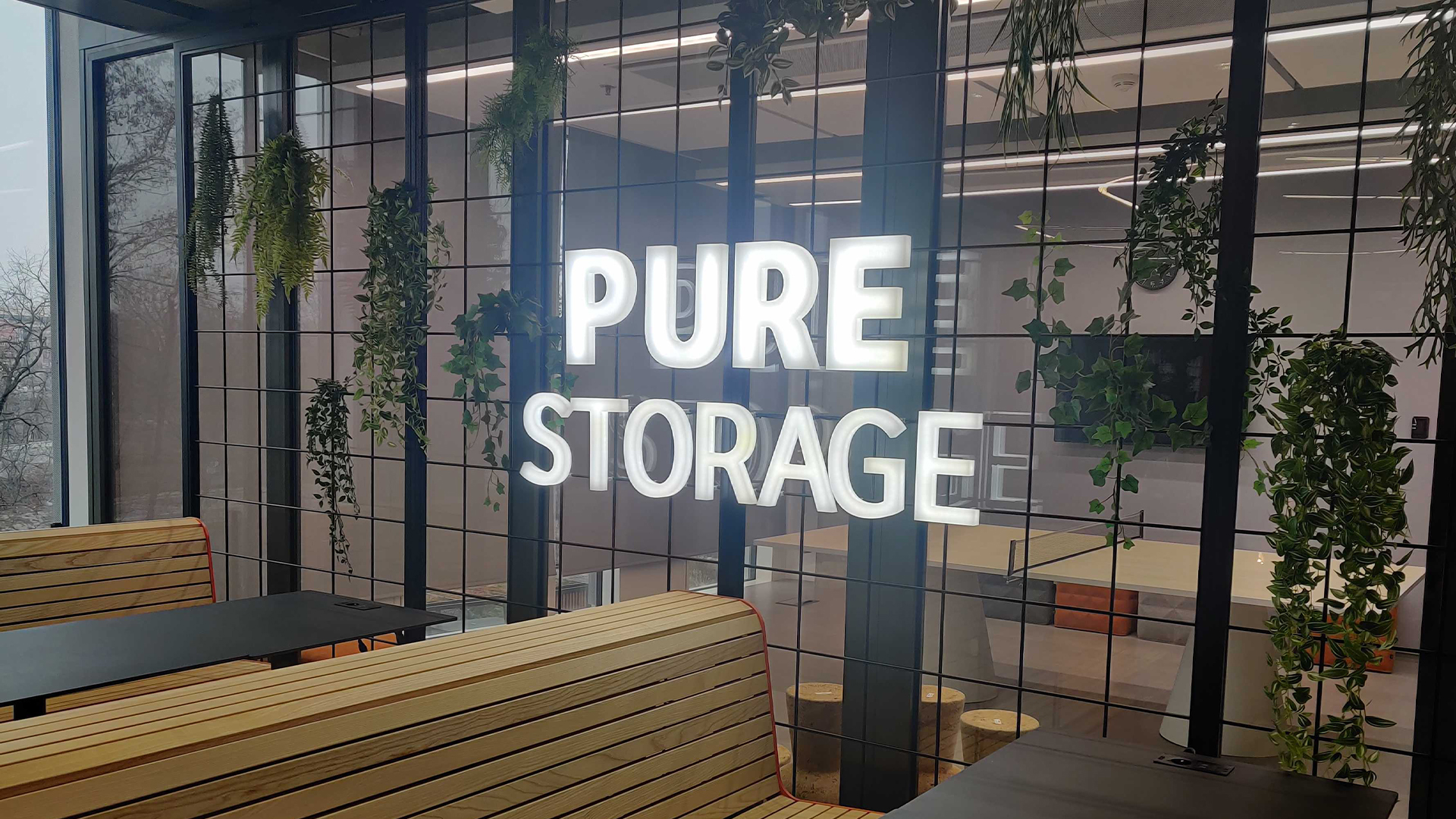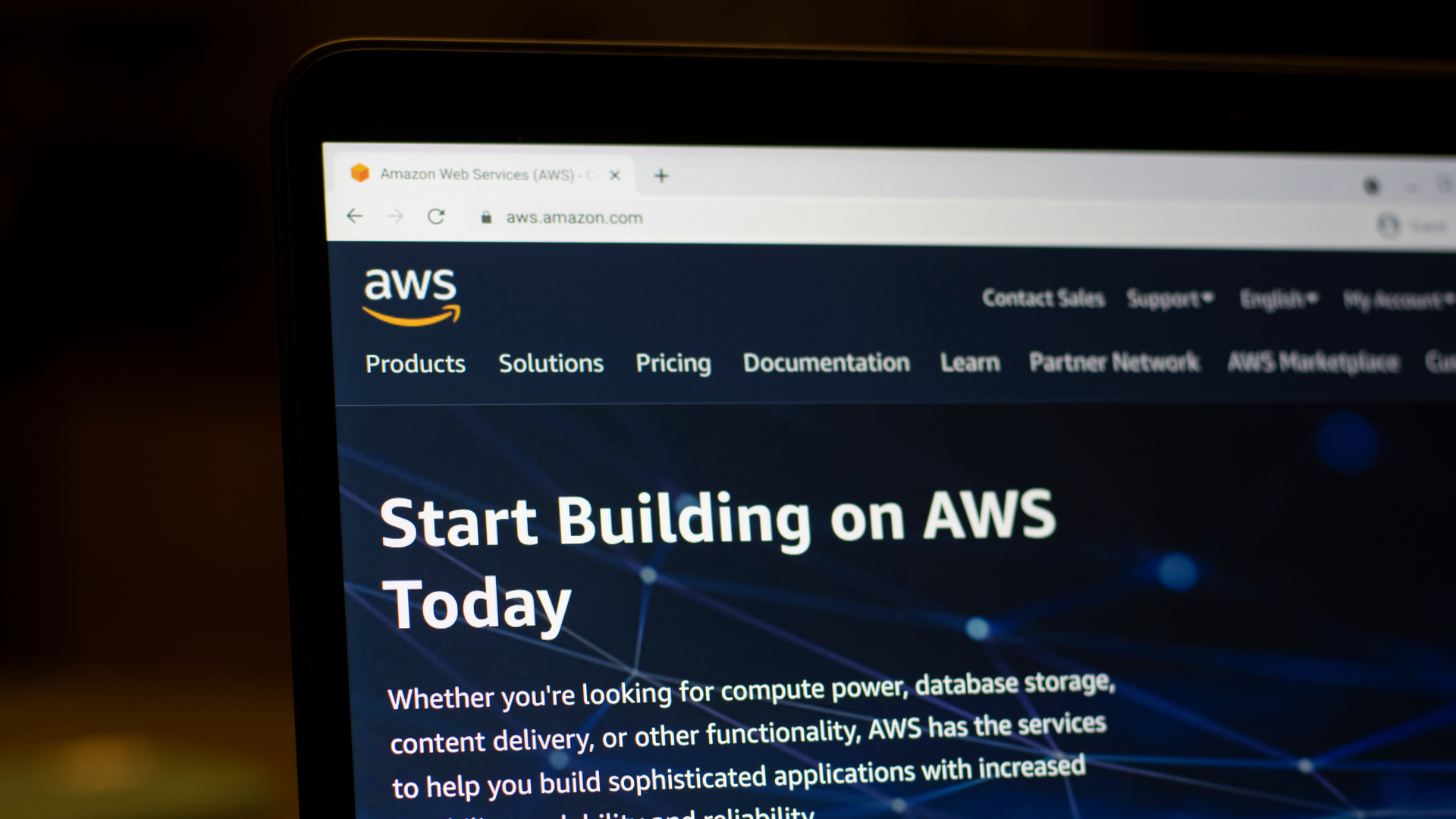Reach for the Sky: How resellers can defend their ground using cloud computing
The growing popularity of cloud computing and SaaS poses a threat to the livelihoods of many resellers, particularly those targeting SMEs. So if you can't beat 'em, should you join 'em?

Stay up to date with the latest Channel industry news and analysis with our twice-weekly newsletter
You are now subscribed
Your newsletter sign-up was successful
Like it or not, the technology sector is undergoing significant transformation. The growing popularity of cloud computing and Software-as-a-Service (SaaS) has the potential to pose a serious threat to the livelihoods of many resellers, particularly those targeting the SME market.
Not only are traditional vendors looking at these models as a way of cutting out the middleman, but there is a raft of new cloud service providers from the hosting arena now equipped and hungry for your business. A battle royal is looming and resellers need to be prepared to defend their ground.
This might sound like scaremongering but, in all honesty, I believe that these threats were always on the horizon. The economic downturn has just accelerated interest. To take a step back, cloud computing and SaaS are effectively new models for delivering IT as a service. Cloud computing can encompass an entire IT infrastructure (desktops, servers, websites, applications etc.), while SaaS is essentially cloud-based applications. The key point is that as these IT resources are delivered as a service, they can quickly scale to meet the needs of the company that purchases them, at a significantly reduced cost. Cloud vendors can take on much of the burden of IT management and also remove complex procurement processes as customers basically dial services up and down on-demand.
I’m sure you’re finding that, now more than ever, customers of all sizes are taking a long, hard look at IT costs – not just the upfront cost of purchasing IT, but also Total Cost of Ownership (TCO). Now, I’m not saying they never used these evaluation criteria before. Of course they did. Vendors have been reiterating the TCO mantra for some time, but up until now there was no significant alternative. Competition may have fuelled price wars, both between vendors and within the channel, but with cloud computing and SaaS it’s a whole different battle. This is because customers evaluating these models can for the first time start to seriously view IT as a flexible, operational expense rather than a rigid and fast-depreciating Capex investment.
This transformation of the way IT can be delivered and purchased has resulted in the threat of new entrants into the channel. On one side, having the ability to directly deliver software and applications means vendors can pass on any cost savings to customers and quickly create new tailored packages to increase value. On the other side, you’ve got hosting companies that have built their business around the services model and can now quickly adapt their offerings to include entire IT infrastructures. Believe me when I say that momentum is building: in addition to e traditional hosting companies such as Rackspace you’ve got telcos such as BT moving in this direction, not to mention the likes of Microsoft putting their stake in the SaaS ground.
In order to maintain margin a reseller who offers boxed versions of Microsoft Exchange will in some way pass the cost of stocking this product on to the customer. So, how does this reseller compete against a Microsoft or a cloud vendor who can offer a similar Hosted Exchange solution to customers at a fraction of the cost? The easy answer is: if you can’t beat ’em, join ’em. Resellers have the opportunity to completely transform their business models by partnering with cloud vendors to offer these services. In fact, the one thing that these cloud vendors don’t have is the intimate customer knowledge that comes from the relationships that the channel has built over past years. This knowledge is particularly valuable when you’re trying to convince customers to make the leap to the cloud.
The initial benefit is that, as the reseller, you don’t have to invest in the infrastructure (datacentres, staff, training etc.) needed to get the cloud model working. All you have to do is go out to your existing and prospective customer base and offer these cloud services alongside the other products and value-added services in your portfolio. The sell is straightforward: “We can help you lower costs by allowing you to purchase IT on a pay-as-you-go basis, so you only spend money on what you use. We’ll even remove the pain of you having to manage it all.” Over time, as more customers start to appreciate the advantages of this model, the cloud could become the cornerstone of your entire business. It will deliver the holy grail of recurring revenue streams while also allowing you to buck the trend of decreasing margins. In fact, if you take the earlier example of Microsoft Exchange, resellers can today make more margin selling it as a hosted solution, while also offering it at a lower cost to the customer.
Stay up to date with the latest Channel industry news and analysis with our twice-weekly newsletter
Gone are the days of resellers scrapping for margin over what is essentially commodity tin; long live the days of the channel as a thriving marketplace of high-value, innovative IT services.
-
 Salesforce targets telco gains with new agentic AI tools
Salesforce targets telco gains with new agentic AI toolsNews Telecoms operators can draw on an array of pre-built agents to automate and streamline tasks
-
 Four national compute resources launched for cutting-edge science and research
Four national compute resources launched for cutting-edge science and researchNews The new national compute centers will receive a total of £76 million in funding
-
 Advanced cloud management: What is StreamOne® and how can it benefit your business now and in the future?
Advanced cloud management: What is StreamOne® and how can it benefit your business now and in the future?Sponsored Content Don't just buy cloud, master it. TD SYNNEX’s StreamOne® offers a powerful ecosystem approach to advanced cloud management, far exceeding the limits of a standard marketplace…
-
 Gestión avanzada en la nube: ¿qué es StreamOne® y cómo puede beneficiar a tu negocio ahora y en el futuro?
Gestión avanzada en la nube: ¿qué es StreamOne® y cómo puede beneficiar a tu negocio ahora y en el futuro?Sponsored Content No te límites en comprar productos en la nube, domínala. StreamOne® de TD SYNNEX ofrece un potente enfoque de ecosistema para la gestión avanzada de la nube, superando con creces los límites de un marketplace estándar…
-
 Pure Storage targets partner growth with revamped reseller program
Pure Storage targets partner growth with revamped reseller programNews Pure Storage has unveiled a raft of changes to its Reseller Program as part of a drive to improve partner profitability.
-
 AWS to launch cloud services reseller in Australia
AWS to launch cloud services reseller in AustraliaNews AWS Australia will allow customers in the region to buy services locally for the first time